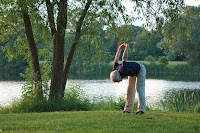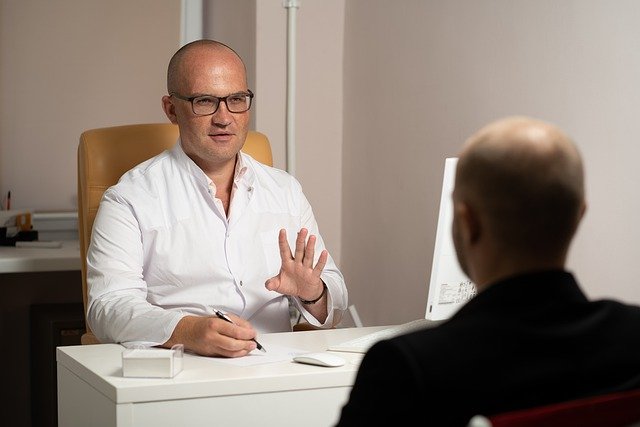
Real-Life Shopping with Dementia
Do you ever wonder what it’s like for someone with dementia who needs to go food shopping? Chris Nelson can answer that question. Watch now.

Do you ever wonder what it’s like for someone with dementia who needs to go food shopping? Chris Nelson can answer that question. Watch now.

RESEARCH: Scientists at Ben-Gurion University developed VBIT-4, a small molecule for treating Alzheimer’s disease that has shown remarkable success in mouse models.

IDPs, a form of antioxidant contained in meat, are effective in relieving fatigue and preventing dementia. Learn more.

Frontotemporal Dementia, FTD, is the most common form of dementia in people under age 60. Why isn’t it better known?

The AlzoSure® Predict blood test can accurately identify individuals who will progress to Alzheimer’s within two years’ time. Learn more.

The AlzoSure® Blood Test can catch Alzheimer’s two years before symptoms appear. Its development could not be more timely. With FDA approval of lecanemab for Alzheimer’s, this accurate and economical screening tool will dramatically assist patients most likely to benefit from early treatment.

What does it feel like to be diagnosed and live with early-onset Alzheimer’s? Pam Montana and Chris Hannafan explain. Watch now.

Older adults who took a daily multivitamin showed higher scores in global cognition, memory and executive function, researchers found.

The new Alzheimer’s injections Aduhelm and Lecanemab offer hope. Now, Mastinimab is trying to break through to the next level with a simpler pill. Mastinimab fights Alzheimer’s via a revolutionary mechanism of action. Learn why the FDA approved Mastinimab’s final round of trials.

Alzheimer’s is the most common type of dementia, but it is just one cause. In this short Q & A, watch Stanford Neurologist Dr. Kerchner explain the importance of getting an accurate diagnosis.

Learn about The Alzheimer’s Society of Canada’s campaign to bust the stigma of dementia.
Discover 6 easy ways you can make a difference.

The “glymphatic system” removes brain waste. It may be a powerful new target to treat Alzheimer’s. Learn why scientists believe Alzheimer’s may arise when the system is not doing its cleaning properly.

Hospital stays with dementia should focus on elder safety. See a special ER for seniors, equipped with brilliant features that speed comfort and care to this population.

Researchers found in a study that people who developed dementia were more likely to have their credit rating drop at least two and a half years before the diagnosis. Some had problems managing their money up to six years before. Find out more.

Researchers find that a diet including more fruit, vegetables, beans and tea or coffee lowers the risk of developing dementia later in life. Learn more.

Did you know? Intellectual abilities are increased in the brain by an average 300% in most people ages 60-80.
No spam, only news and updates.


